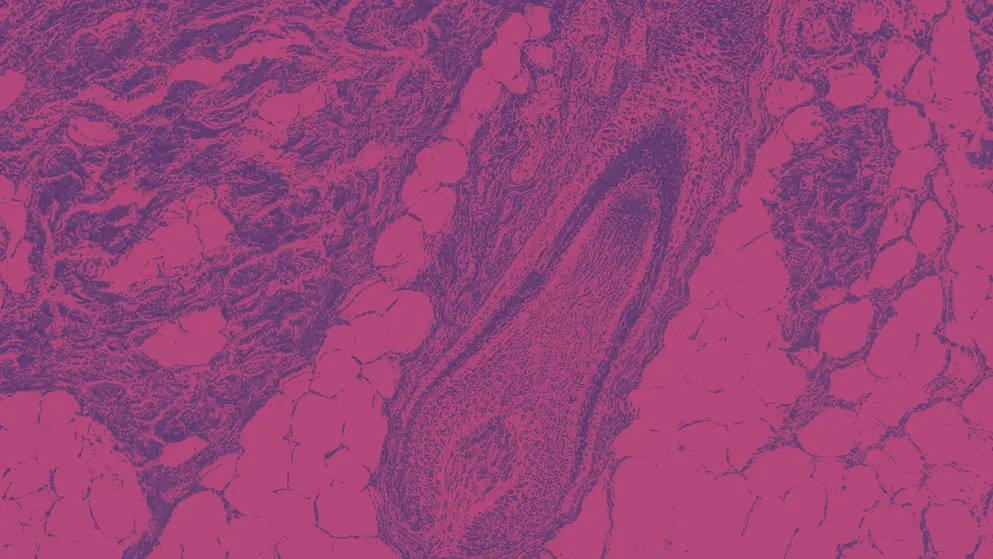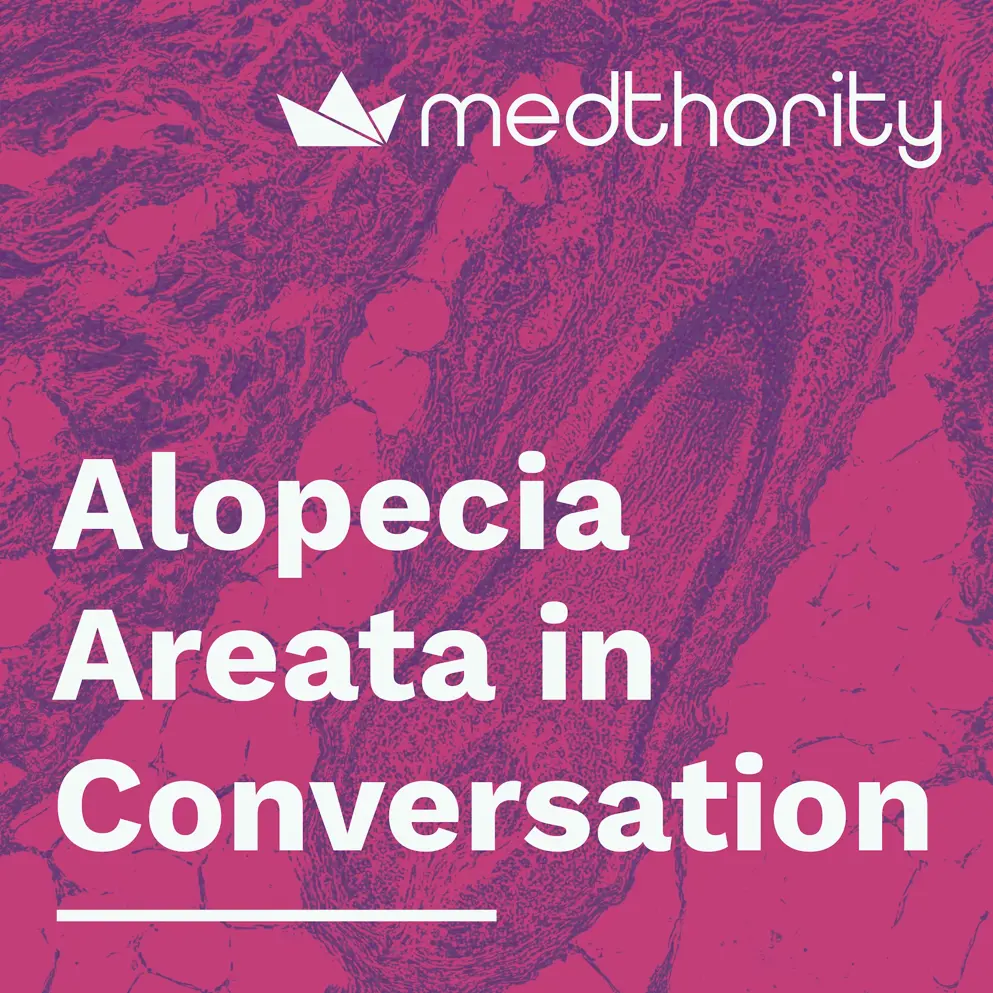
Alopecia Areata: Progressing Practice
There is no cure for alopecia areata (AA), but there are an increasing number of ways that dermatologists can address the most impactful symptom for people with AA: hair loss. This resource provides the latest insights on the future of AA management, from expert opinion on diagnostic challenges and emerging treatments to one patient’s perspective on the emotional impact of this disease.
Podcast: Alopecia Areata in Conversation
Leading experts share clinical insights and forward-thinking strategies for implementing patient-centric care.
Podcast: Addressing Alopecia Areata
Patient advocate Damien Hamber and dermatologists Brittany Craiglow and Leila Asfour discuss advances in AA management, unmet needs, and treatment personalization.
of interest
are looking at
saved
next event
Developed by EPG Health. This content has been developed independently of the sponsor, Pfizer, which has reviewed the content only for scientific accuracy. EPG Health received funding from the sponsor in order to help provide healthcare professionals with access to the highest quality medical and scientific information, education and associated relevant content.






